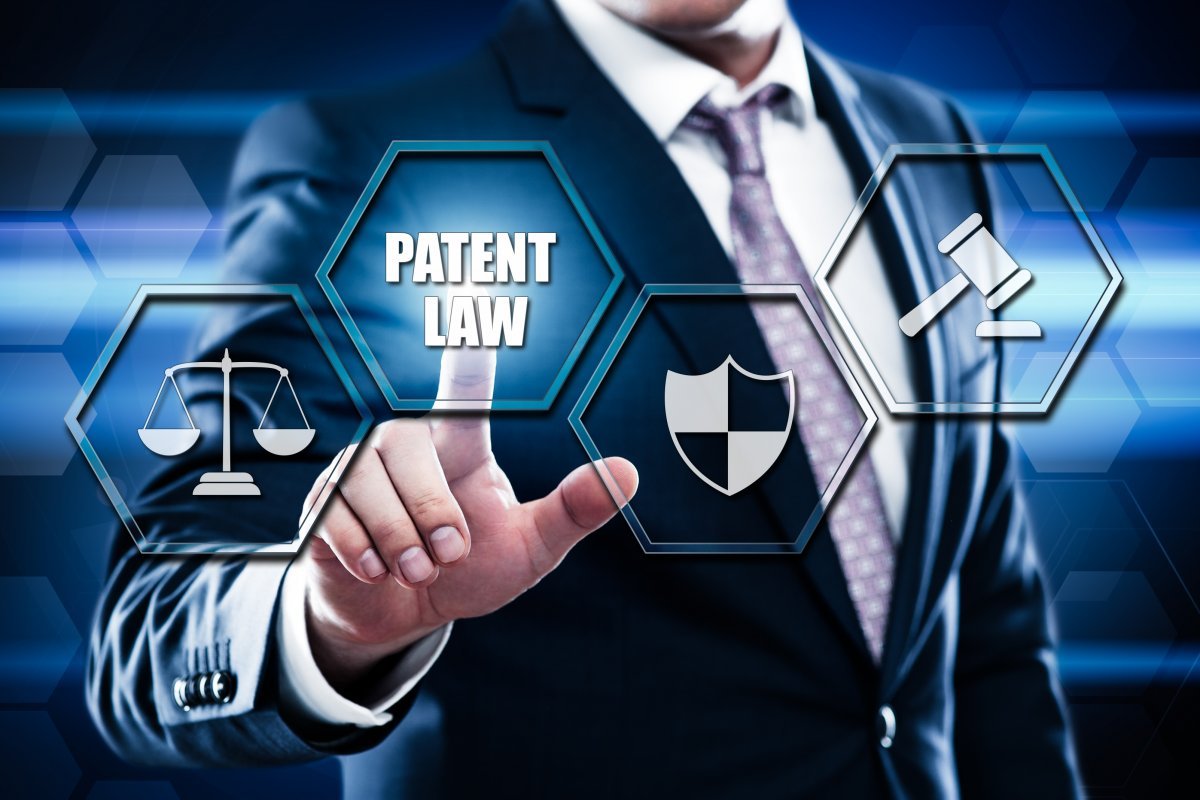In the USA, it is likely to become more time-consuming and expensive to bring down questionable patents in areas such as software. In an instruction issued on February 28, the US Patent and Trademark Office (USPTO) has made it significantly more difficult to access a review procedure for industrial property claims that have already been granted. This concerns the so-called inter partes review (IPR). This control mechanism created by Congress allows the public in principle to challenge shaky patents via a USPTO tribunal without having to conduct traditional court proceedings, which often cost millions.
If the authority does not reverse this step, “bad patents will be protected from closer scrutiny and patent trolls will be emboldened”, complains the US civil rights organization Electronic Frontier Foundation (EFF). Hedge funds and large corporations would also find it even easier to use such weak industrial property rights “as a weapon against small companies and developers”. This would have a massive impact on the economy and society.
“The USPTO grants over 300,000 patents every year, but many of them should never have been granted in the first place,” explains the EFF. Patent examiners spend an average of around 20 hours per application and often overlook the state of the art. They also let applications pass that are too broad or vaguely worded. As a result, “bogus patents on basic ideas – such as podcasts, online shopping carts or the viewing of online advertising – end up in court” and often have to be challenged through the various instances.
Fears of sabotage of the review process
According to the EFF, the legislator established the internal second examination procedure in 2012 to solve this problem. IPR allows anyone to challenge the validity of a patent based on the state of the art. This is done before specialized judges at the USPTO. There, experts can check whether an industrial property right has been properly granted. This is “faster, cheaper and often fairer than a fight in a federal court”.
The patent office now wants to sabotage this procedure, the activists complain. The memo encourages the responsible Patent Trial and Appeal Board (PTAB) to refuse to hear an IPR case on procedural grounds – even if the disputed patent is probably invalid. The internal examiners should therefore increasingly fall back on a rule established in the Apple v. Fintiv case, for example, and not continue to deal with applications if ordinary court proceedings are ongoing at the same time. However, the EFF sees the latter as proof “that the validity of a patent must be reviewed”.
At the same time, a draft Prevail Act has been submitted to the US Senate. This would limit IPR claims to individuals and companies that have been directly threatened or sued over a patent. Non-profit and membership-based organizations such as Unified Patents, the Linux Foundation and the EFF would no longer be able to intervene, although they used this route to bring down a podcasting patent in 2013, among other things.
(nen)







